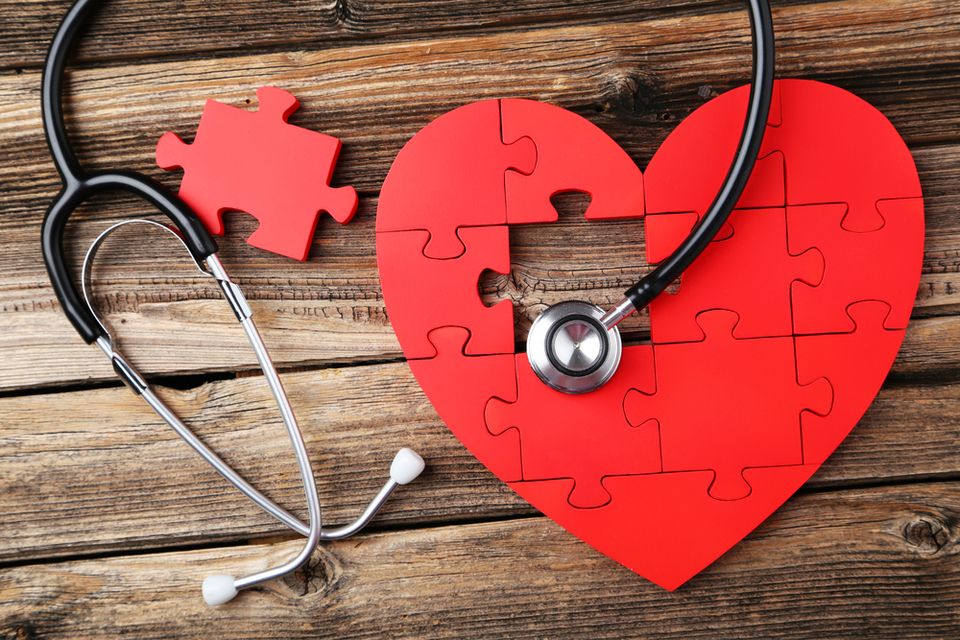Heart disease is still a huge killer of men and women in the United States. But, heart disease can be preventable or at least, delay-able. You actually can have a lot of power over whether you get the disease or not. Here are some preventive measures to consider:
- Stop Smoking Immediately. The No. 1 thing you can do to prevent heart disease is to quit smoking. There’s no point in talking about cholesterol and diet if you’re smoking.
- Get Moving. More and more research reveals that just 30 minutes of moderate exercise per day can help stave off heart disease.
- Ask for a Checkup. If you think you might be at risk for heart disease, ask your doctor to do some tests, which could include one or more of the following: an electrocardiogram (ECG), a chest X-ray, blood tests, echocardiogram, a CT scan, etc. Also, get regular screenings for your cholesterol levels and blood pressure.
- Change Your Eating Habits. You don’t have to give up red meat or salt altogether, but you should be mindful of your sodium and saturated fat intake. Proven heart-healthy diet plans include the Mediterranean diet and the DASH (Dietary Approaches to Stop Hypertension) diet. These diets are rich in fruits, vegetables, whole grains, nuts, legumes, healthy fats and low-fat, low-salt, low-cholesterol type foods.
- Manage Stress. Stress is a killer. Practice relaxation techniques such as deep breathing, yoga, and meditation.
- Maintain a Healthy Weight. Strive to keep your body mass index (BMI) under 25. Waist circumference is critical as well. Men with a waist measurement greater than 40 inches are considered overweight while women are considered overweight if their waist measurement is greater than 35 inches, according to the Mayo Clinic.
Common Types of Heart Disease
- Coronary Artery Disease: The most common type of heart disease, CAD is a result of atherosclerosis (a hardening of the arteries from cholesterol and plaque buildup on their inner walls).
- Arrhythmia: A condition where your heart beats with an irregular or abnormal rhythm.
- Congenital Heart Defects: Problems with the structure of the heart that happens at birth.
- Stroke: Caused when the arteries delivering blood to your brain are narrowed or blocked.
- Hypertension: Abnormally high blood pressure.
- Congestive Heart Failure: The heart muscle enlarges, and over time gets weaker and weaker, unable to pump blood to the rest of your body.
Signs You’re Having a Heart Attack
People typically think of heart attacks as being sudden and intense, but most start slowly, with mild pain or discomfort. Here are some signs to watch for:
- Chest discomfort
- Discomfort in other areas of the upper body such as shoulders and upper back
- Shortness of breath
- Other signs include breaking out in a cold sweat, nausea or lightheadedness; numbness, weakness or coldness in your limbs; fainting
–Source: Centers for Disease Control and Prevention
Heart-Health Resources
The American Heart Association: www.heart.org
WomenHeart: www.womenheart.org
Mayo Clinic: www.mayoclinic.com
UP NEXT: Walk Off Weight Gain








